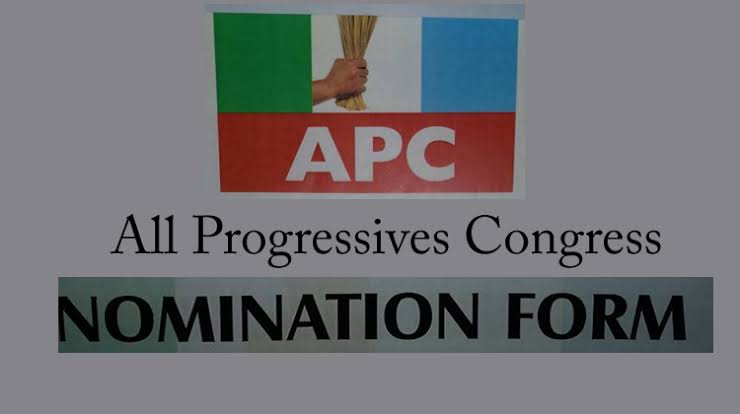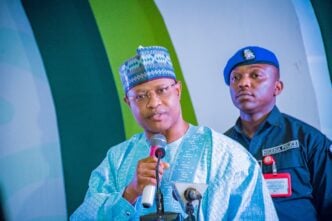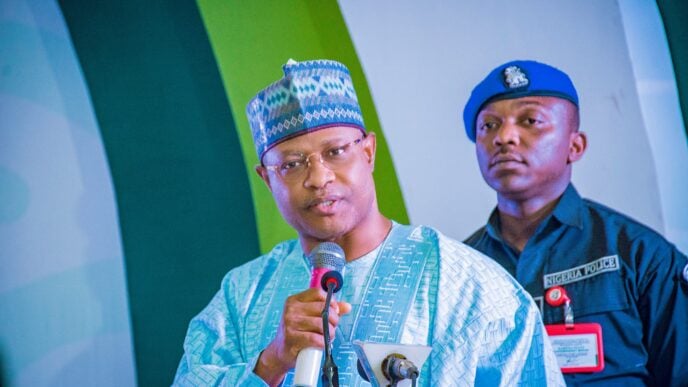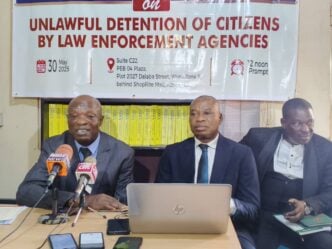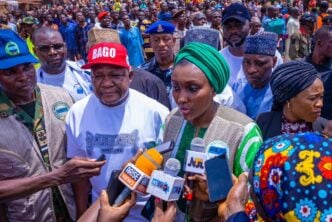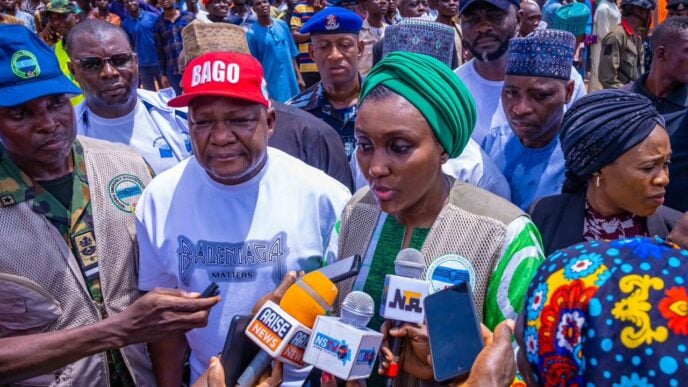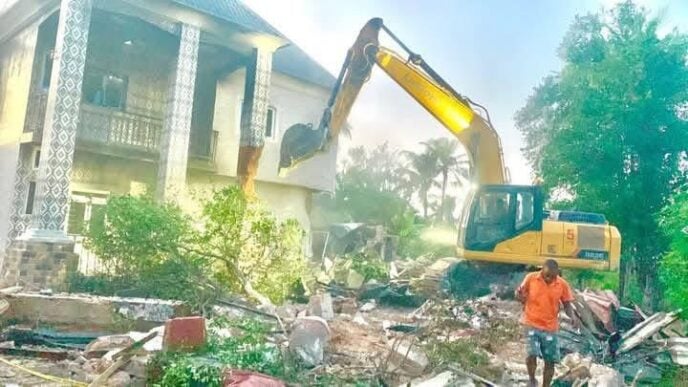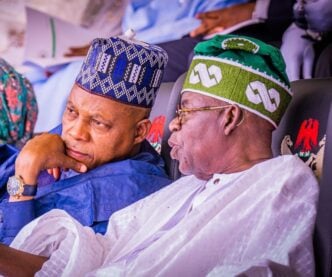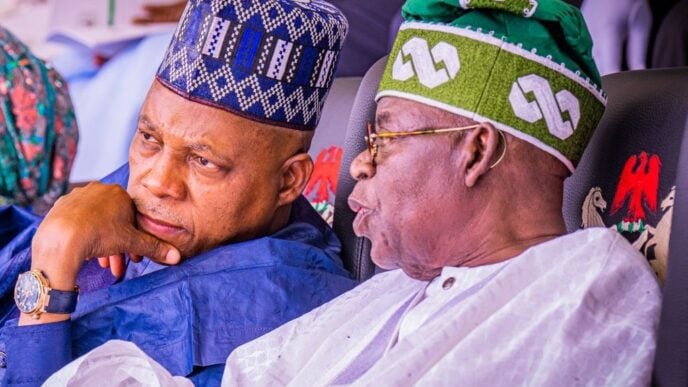The International Press Centre (IPC) says the high cost of nomination and expression of interest forms hinders the participation of women in politics.
The position of the IPC is contained in a communiqué issued on Tuesday after a one-day consultative meeting held in Abuja on advancing inclusive reporting of gender issues in Nigeria’s electoral and democratic processes.
The meeting brought together leading voices in the media and civil society, including members of the Guild of Corporate Online Publishers (GOCOP), print media executives, and women-focused development advocates.
The gathering was part of ongoing engagements between IPC and GOCOP, supported by the European Union through its Support to Democratic Governance in Nigeria (EU-SDGNII) programme, which aims to strengthen inclusive and participatory democracy.
Advertisement
During the meeting, stakeholders expressed concerns that the high cost of party nomination forms has made political participation nearly impossible for many women.
“There is a disturbingly poor attention to women’s issues in most national electoral dialogues, with grassroots women particularly being denied a voice and representation. Media coverage of women in politics and women aspiring to enter politics is still low,” the communique reads.
“The unusually high cost of obtaining forms to vie for offices from the political parties and campaigns for elective positions has made it almost impossible for many women politicians to participate.
Advertisement
“Social and cultural practices and beliefs in some parts of the country continue to constitute obstacles to women’s full participation in political and electoral activities.
“GOCOP and its members should play a lead role in the renewed campaign for women to participate fully in the electoral arena by highlighting the achievements of the few in elective positions and identifying and amplifying the voices of others still in the background.
“In a specific attempt to bolster women’s participation in politics, the capacity of those already in elective positions should be enhanced so they can be knowledgeable, capable, and strong enough to serve as models for upcoming female politicians.”
The participants also called for policy and legislative reforms to reduce the cost of campaigns and advocated for the implementation of the 35% affirmative action target for women across all levels of government.
Advertisement
